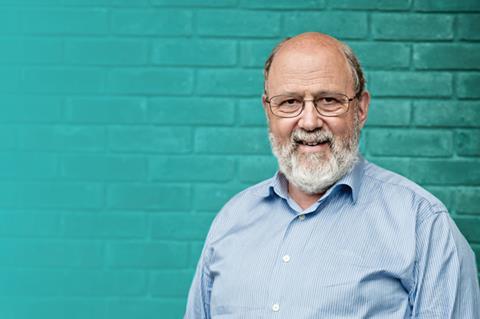Q: Help! Questions of science and evolution are pushing me to the brink of atheism. How can I be a Christian and make sense of modern questions that defy God’s existence?

Jesus taught us to love God with our minds, so intellectual inquiry is a necessary part of our Christian life.
Sometimes the family or church we grew up in may have included teaching on all sorts of things – like creation and evolution – which it is helpful to revisit later in life. The trick is to discover which things are non-negotiable and which things aren’t.
Taking evolution, we have to distinguish between ‘biological evolution’, which seems to me a scientifically validated reality, and ‘evolutionism’, which is a way of looking at the world as though God doesn’t exist. Biological evolution needn’t disturb a faith in God as the good and wise creator. Questions such as these, then, need to be thought through without fear.
It has been my experience that the more we understand scripture within its own historical and cultural context, the more it speaks directly to our life. And sometimes, making sense of these questions is a matter of patience. The fact that I can’t resolve this problem today, or maybe even this year, shouldn’t be a reason to stop praying about it. The fact that I don’t understand how a section of the Bible was written, for example, or what it originally meant, doesn’t mean that I can’t read it literally or metaphorically on my knees, and ask God to speak to me through it.
We all need to explore ways of praying, for example meditating on a story from the Gospels and asking Jesus to give us a sense of his presence in it. Or take one verse of scripture – such as one of the New Testament greetings: “Grace to you and peace from God our Father and the Lord Jesus Christ” (1 Corinthians 1:2, ESV) and spend time with it, repeating it over and over with the rhythm of your breathing, being open to whatever God is saying to you.
We all need to grow in prayer. That doesn’t mean all ways of praying are equally helpful for all people. It does mean that most of us, as we mature in our faith, probably need to move out into the larger traditions of Christian spirituality. There, we may find more help as we explore these challenging questions.






































No comments yet